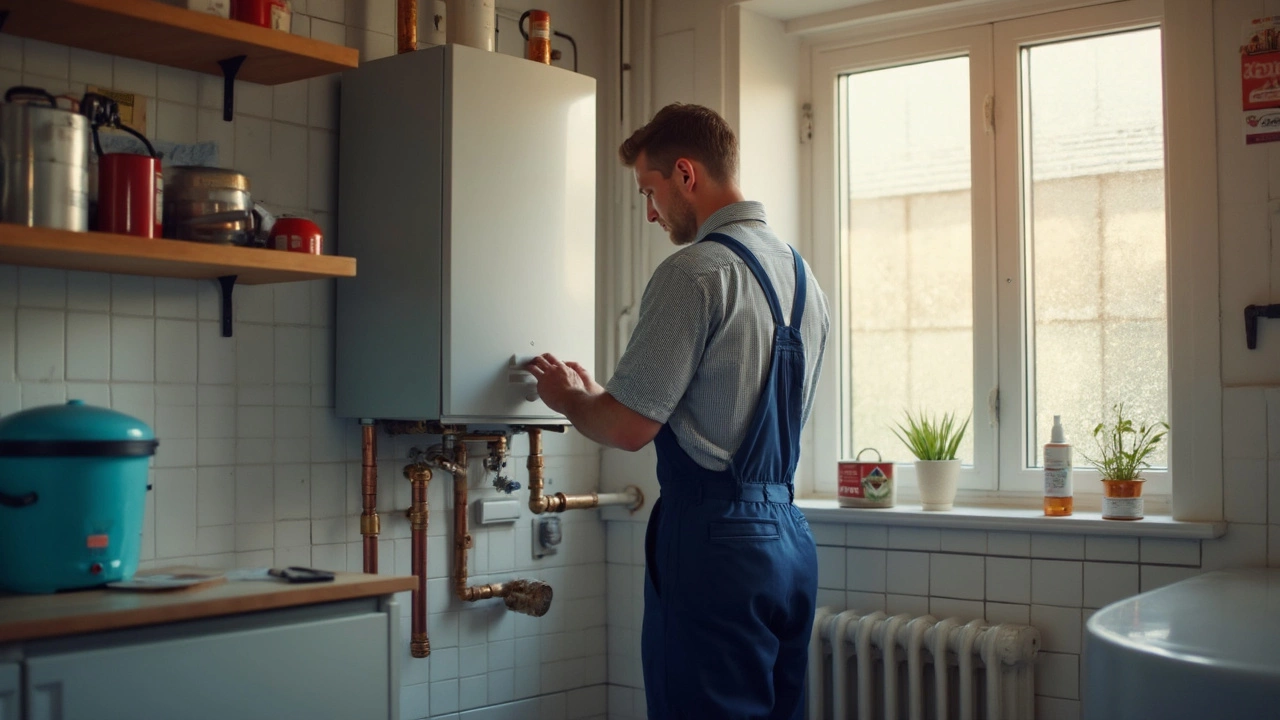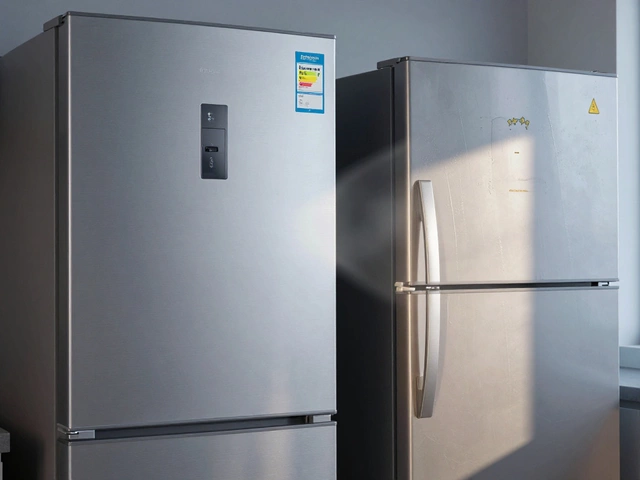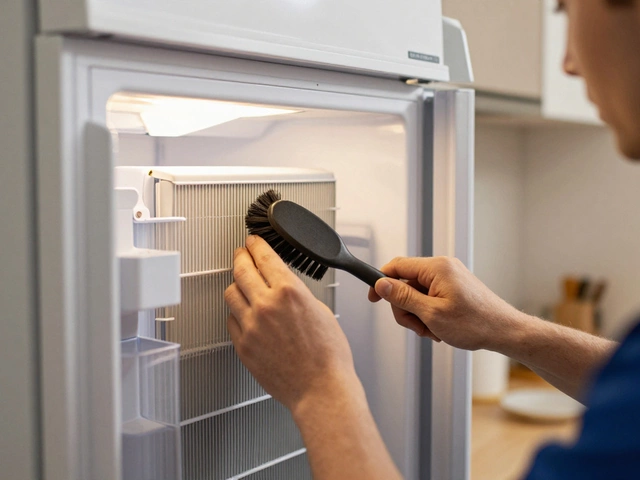Safety Checks: Keeping Your Home Appliances Secure
When working with safety checks, a systematic inspection of appliances to verify they operate safely and meet regulatory standards. Also known as inspection, it helps prevent hazards, extend lifespan, and maintain efficiency. Ignoring these checks can lead to costly breakdowns or dangerous leaks. That’s why every homeowner in Warwick should treat safety checks as a non‑negotiable part of routine maintenance.
Why Regular Safety Checks Matter
Think of safety checks as the health check‑ups for your kitchen and heating gear. They identify worn seals, faulty thermostats, and gas leaks before they become emergencies. For example, a gas appliance, any stove, oven or heater that runs on natural gas can develop a cracked combustion chamber that releases carbon monoxide. A timely inspection catches the crack, allowing a technician to replace the part and keep the home safe. Likewise, regular boiler, the central heating system that supplies hot water and heat service reduces the risk of pressure build‑up and pipe bursts.
The link between safety checks and overall energy efficiency is clear: a clean heat exchanger in a boiler or a properly sealed extractor fan runs smoother, uses less electricity, and lowers your bills. This trio—gas appliances, boilers, and extractor fans—forms the core of home safety. Each component requires a qualified technician to verify that safety valves, pressure switches, and ventilation paths are intact. Skipping the check means you miss the chance to fix small issues before they snowball.
Another often‑overlooked area is the water heater, the device that supplies hot water for showers and taps. Over time, sediment builds up at the bottom, reducing heating efficiency and creating a potential for overheating. A simple safety check includes flushing the tank and testing the temperature‑pressure relief valve. When this valve fails, it can’t release excess pressure, leading to a possible explosion. That scenario underlines why safety checks are not just paperwork—they’re a life‑saving step.
So how often should you schedule these inspections? The consensus among Warwick’s certified engineers is once a year for gas appliances and boilers, and every two years for extractor fans, unless you notice odd noises or reduced airflow. Water heaters benefit from an annual flush and valve test, especially if you have hard water. These intervals form a practical schedule that balances cost with risk reduction.
Now, let’s talk about the tools and skills involved. A qualified gas safe engineer, a certified professional authorized to work on gas appliances uses leak detection sprays, pressure gauges, and combustion analyzers to verify safe operation. For boiler checks, technicians rely on stack temperature probes and digital pressure gauges. Extractor fan inspections involve measuring airflow with an anemometer and checking electrical connections for wear. Water heater checks need a temperature‑pressure relief valve tester and a sediment removal kit. Each of these tools enables precise diagnostics, ensuring that the safety check is thorough and reliable.
When a safety check reveals a problem, the next step is clear: repair or replace the faulty part. For instance, a worn gas valve in a stove can be swapped out quickly, restoring safe gas flow. A cracked boiler heat exchanger, however, often means a full boiler replacement is more economical. Knowing the difference between a minor fix and a major overhaul saves you time and money. That’s why a professional’s assessment after the check is invaluable.
Beyond the technical side, safety checks also give you peace of mind. Imagine hearing a faint hiss from a gas cooker or noticing a sudden loss of pressure in your heating system. With a recent safety check on record, you can confidently call a trusted technician, knowing the issue isn’t a surprise but a manageable fix. This confidence translates into a safer home environment for you and your family.
Below you’ll find a curated collection of articles that dive deeper into each type of safety check, share DIY tips where appropriate, and explain when to call a pro. Whether you’re curious about the latest boiler inspection standards, want to learn how to flush your water heater, or need guidance on maintaining your extractor fan, the posts ahead cover the full spectrum. Let’s explore the practical steps and expert advice that will keep your appliances running safely for years to come.


